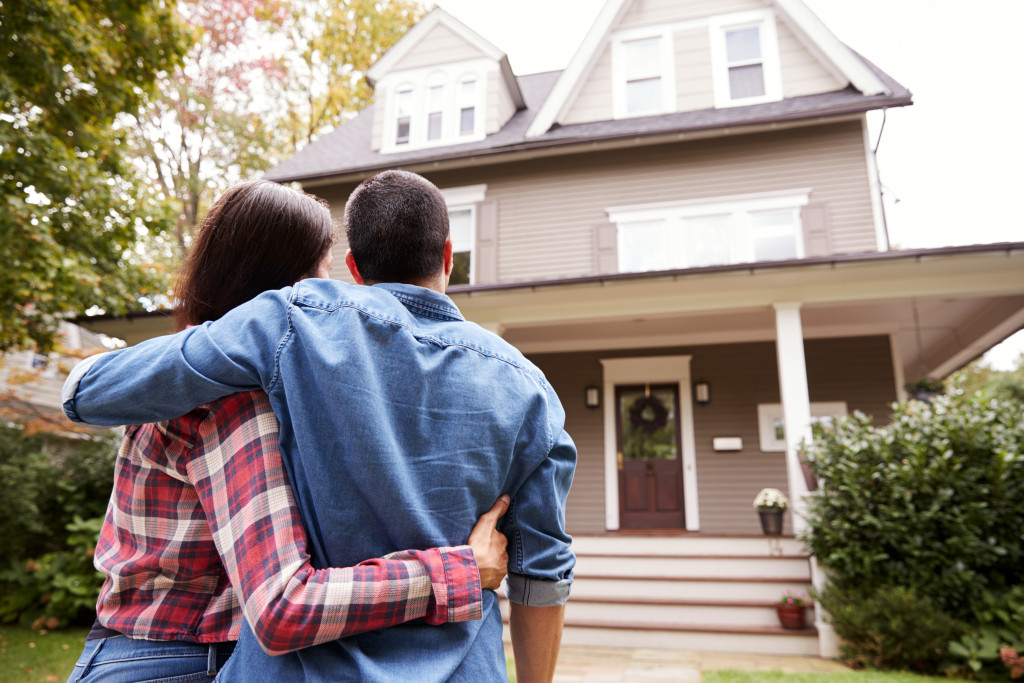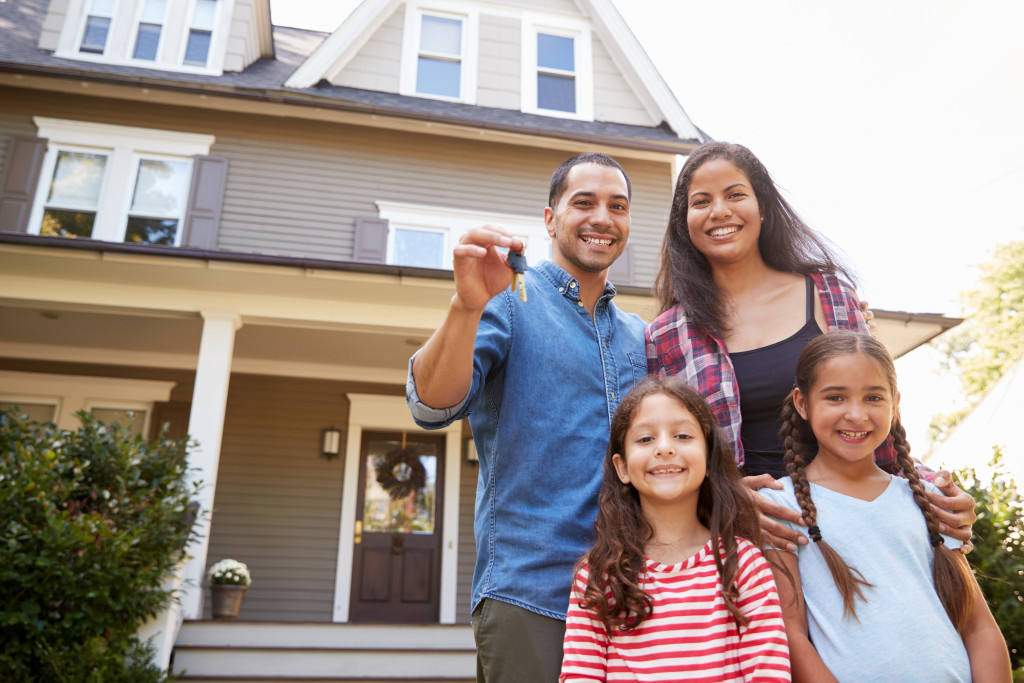Having a second home can diversify your financial portfolio. In fact, according to the HomeOwner’s Alliance (HOA), the worth of owning a second residential property increased over the past 20 years by 50%. They believe this is one of the reasons for the rise in the purchase of second homes by people in the UK. The HOA even reported that more than one in 10 Brits today have a second house under their name.
If you’re aiming to purchase a second home, you need to consider several factors that can affect your buying decision. The Money Mentor, The Times UK’s financial advice arm, offers the following pointers.
How to Finance Your Purchase
You’ll have to decide how to finance your purchase before committing to buying another property. There are many kinds of mortgages in the UK available, depending on the buyer’s financial situation and reason for buying. Buyers not purchasing a home in cash can apply for release equity, buy-to-let mortgage, holiday-let mortgage, or get a second mortgage.
When comparing costs between mortgages, you need to consider the early repayment fees, legal fees, valuation costs, and arrangement fees. If you’ve decided to get a second mortgage, though, you should prepare a large deposit, which is typically 20% of a property’s value. You should also have a healthy income to prove to lenders you can repay your mortgage and a good credit score to convince lenders you are a reliable borrower.
If you choose to rent out your second property, you need to provide a detailed report of how much a home can earn as a rental property. Mortgage lenders often require this report to approve a mortgage application.
How Much is a Second Home Worth
Aside from the cost of a house, you also have to consider additional costs such as stamp duty, capital gains tax, and council tax when buying a second home.
A council tax is charged for empty homes. However, a second home is a different situation. Councils can give discounts on your second property if you use it as a holiday home.
Your second property is also accountable for capital gains tax. If it has a higher value compared to your capital gains allowance, you’ll pay a percentage of the increase to the HM Revenue and Customs (HMRC). If you are an additional rate or higher taxpayer, this can go as high as 28% of the increase.
Moreover, for tax purposes, your second home will be labelled as a secondary residence or additional property. Your main home, on the one hand, is labelled as a principal primary residence or simply a primary residence. Secondary residences are liable for higher stamp duty taxes, but only if a property costs more
than £40,000. While other taxes are applicable wherever you are in the UK, stamp duty on second residences differs in Scotland and Wales.
What Your Reasons Are for Purchasing a Second Home
The rate of all taxes mentioned above depends on the purpose of your second home or how your additional property is going to be used.
Some people buy second homes in summer destinations across the country, so they have somewhere to stay when they go on a holiday. People who do this often rent out their second property temporarily while they’re not using it.

However, there are tax implications if you’re going to rent out your holiday home. You could claim capital allowance, though, if your holiday home is rented out for a specific number of days in a year.
On the one hand, other buyers purchase second residences as rental properties, so they’ll have an additional source of passive income. If you choose this path, you’ll have to provide a deposit that’s as low as 15% of a property’s value or as high as 25%. However, the total amount that is going to be lent to you by lenders will depend on the projected income of your second home.
When a Second Home is Not Profitable
You need to determine if your prospective second property is profitable. This can help you get the right kind of mortgage. Thankfully, the profitability of a property can be calculated.
Take the projected yearly rental income of a property and divide it by the property’s actual value. Multiply the result by 100. The product is the percentage of a property’s profitability.
Unfortunately, not all second homes are profitable. You still have to consider a property’s mortgage interest, agent fees, insurance costs, and maintenance, which are going to be deducted from the rental yield.
The Good and the Bad
Having a second property can provide additional income and tax benefits. It can also increase your equity if you’re set on building it for future use. And if you’re planning to sell it someday, you can be sure that its price has appreciated over the years.
Despite all the benefits of a second home, you still need to face challenges when buying one. Take note of the considerations above so that you can prepare ahead.
